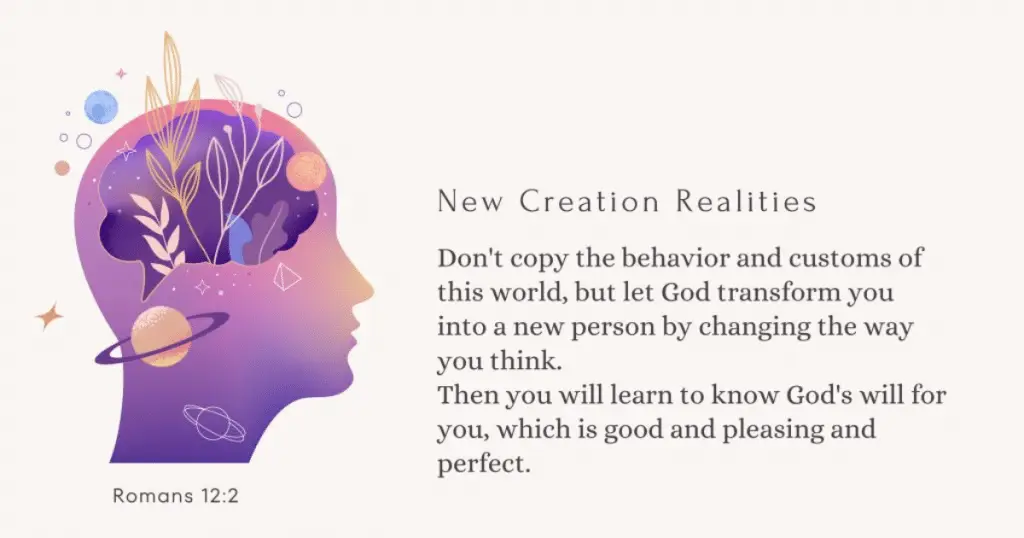“Isaac loved Esau because he had a taste for game, but Rebekah loved Jacob.” (Genesis 25:28)
There’s something in a child that wants to fill in the gaps.
And to be honest, I believe this is how man (I mean both male and female) is generally wired. Until he begins to submit his feelings and emotions to God, he’ll feel the full force of emotions like: envy, jealousy and comparison. These are part of the default human emotions of the fallen man.
I’ve seen it with my own children. Sometimes, I’m doting on one of them and the other walks in looking like, “Am I a spoon?” As in, “Why aren’t I being dotted on like this?”
Next thing you know, he runs into my arms or climbs my lap, trying to get his own dose of love. Or he says, “No! Give me my mommy! It’s my mommy!” And I just smile and say, “My darlings, I have more than enough love to go round.” Then I peck them both and pull them in for a tight hug and just like that, they both light up.
Children want to feel equally loved, seen, and safe.
So when we, as parents, choose to favour one child, or ignore the emotional needs of another, we’re creating cracks that can widen with time and cause real emotional damage.
This is why I want to talk about Isaac and Rebekah, because their story shows us how one parent’s love is simply not enough.
The Cost of Isaac’s Partiality
In the last reflection, we looked at Rebekah and how her actions or even her inactions, impacted not just Esau, but her entire family. While the spotlight may be on Rebekah, and it’s easy to see the treachery and deceitfulness of her actions, her husband, their father Isaac, isn’t exactly without fault.
To begin with, I actually appreciate and celebrate him for choosing to love Esau, because without his love, it would have been like a double blow to Esau.
Can you imagine what that would have done to him emotionally?
What it would have felt like if he was hated or despised by both dad and mum?
That would have been disastrous. So, it’s comforting that at least one parent loved him. His love for Esau must have brought some balance and comfort to Esau. But even at that, Isaac’s love came with its own complications.
Isaac encouraged the partiality in the home by choosing sides. He didn’t just love Esau, he took sides. He encouraged the division in the home by not being intentional about loving both sons. And as the father and spiritual leader of the home, he had the power to set a different tone.
What if, as the father of the house, he intentionally loved both sons and encouraged Rebekah to do the same?
What if, rather than planning to bless Esau secretly, he had simply said, “I want to bless my sons,” and then pronounced individual blessings over them?
What if he had asked God, “How do I bless each of my children in line with Your plan for their lives?”
What if he had just trusted God to guide his mouth without trying to give one a blessing that made him superior to the other?
But he didn’t.
Instead, he created room for manipulation, division, and years of heartbreak.
These “what ifs” matter. Because they point to missed opportunities for unity and healing in their home. Opportunities that, if handled differently, could perhaps have saved the family from years of pain and bitterness.
One important lesson we learn from the family dynamics in Isaac and Rebekah’s home is that:
With Parenting, One Parent Loving A Child is Simply Not Enough.
Children don’t want divided love. They need love from both parents, not just dad, not just mum. It doesn’t matter how much love one parent showers; the child will always feel the absence of the other. Always.
Even for children raised with just one parent, especially when the other parent is still alive, there’s often a search. A reaching out. A wondering.
It’s like the child is trying to piece together a full picture of their identity.
Even when the absent parent is deceased, you’ll still find them asking questions like:
- “How was he like?”
- “What was she known for?”
- “Do I look like him?”
- “Would she have loved me if she were here?”
There’s something in the heart of every child that wants to know just how much they missed out on with the absent parent. It’s not about being ungrateful for the parent who stayed and poured everything. It’s just that one parent’s love doesn’t complete the circle. It can hold a child together for a while, but there will always be that quiet longing for the other side of the equation.
So while we can’t always control circumstances; like the death of a parent, or someone walking away, we must pay attention to the decisions we can control.
If both parents are present, then we must be present together in the parenting journey.
Let’s not divide the children emotionally.
Let’s not parent in silos.
Let’s raise them together.
Let’s not push one child forward and drag the other behind based on preferences, personalities, or projections.
Let’s love intentionally.
Let’s parent intentionally.
Let’s not assume that our individual love is enough.
And let’s remember that what may look like a harmless personal preference today may grow into deep emotional wounds tomorrow.
Isaac may have loved Esau, and Rebekah may have favoured Jacob, but their choices created a home of division. And in the end, both sons suffered. Let’s not repeat the same pattern.
Isaac may have thought he was just following his preference, but in doing so, he helped create a culture of secrecy, competition, and division. And it cost the whole family. One parent’s love is a blessing, but both parents’ love (if possible) brings wholeness.
So the question is:
- Are you loving all your children out loud?
- Are you parenting as a unit with your spouse or in isolation?
- Are you promoting unity or encouraging rivalry among siblings?






